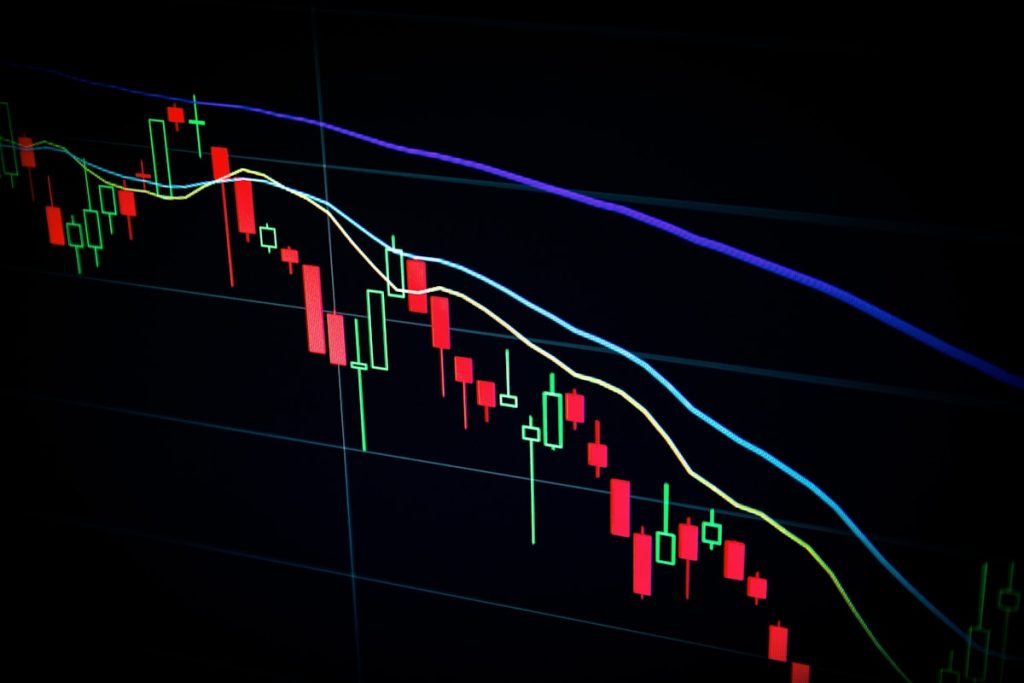Asian Markets Rally After China‑U.S. Talks End Without a Trade Deal
Wall Street’s focus shifted eastward this week as investors digested the outcome of the high‑profile China‑U.S. economic dialogue. While the two sides failed to seal a comprehensive trade agreement, the market reaction across Asia was surprisingly upbeat. Major indices in Tokyo, Seoul, Hong Kong and Singapore posted gains, signaling that traders are pricing in a more nuanced set of expectations than a simple “no‑deal” narrative.
Why the Gains?
- Relief from geopolitical uncertainty. The talks, though inconclusive, demonstrated a willingness to keep channels of communication open. Markets rewarded the reduction in the risk of a sudden escalation, which had previously weighed on investor sentiment.
- Sector‑specific optimism. Companies that are less dependent on direct China‑U.S. tariffs—such as technology hardware, consumer discretionary and regional banks—saw fresh buying pressure. In contrast, firms heavily exposed to export‑oriented manufacturing remain cautious.
- Currency dynamics. The Japanese yen and South Korean won steadied after a week of volatility, giving exporters more pricing certainty and supporting equity valuations in export‑driven economies.
- Policy backdrop. Central banks in the region have signaled a measured approach to monetary tightening, which helped preserve liquidity and buoy market breadth.
Market Highlights
Japan: The Nikkei 225 rose 1.3%, buoyed by technology and automotive stocks that benefited from a weaker yen and the expectation of stable demand from China. Toyota and Sony posted modest gains as investors shrugged off the lack of a trade pact, focusing instead on long‑term growth plans in the Asian market.
South Korea: The KOSPI climbed 1.1% after Samsung Electronics rallied on news of continued chip sales to Chinese manufacturers. The broader market saw buying in consumer goods and shipbuilding, reflecting confidence that the supply chain will not be disrupted by sudden policy shifts.
Hong Kong: The Hang Seng Index edged up 0.9%, led by financial services and property developers. While concerns linger over mainland‑China regulatory scrutiny, the absence of a trade showdown eased fears of capital outflows.
Singapore: The Straits Times Index gained 1.0%, with regional banks and logistics firms outperforming. Traders highlighted Singapore’s role as a hub for trade financing, which could benefit from a stable, albeit non‑deal, environment.
Investor Sentiment and Outlook
Market analysts caution that the rally may be short‑lived if the diplomatic stalemate deepens. “The current price action reflects a “wait‑and‑see” approach,” says Mei Lin, an equity strategist at a regional brokerage. “Investors are rewarding the fact that the dialogue remains open, but they are also building in a risk premium for any future escalation.”
Looking ahead, several factors could shape the trajectory of Asian equities:
- Follow‑up negotiations. Any indication of a second round of talks or a shift agreements could reignite optimism.
- U.S. monetary policy. The Federal Reserve’s stance on interest rates will influence capital flows into emerging markets, including Asia.
- China’s domestic stimulus. If Beijing rolls out fiscal measures to support growth, it could offset the impact of a stalled trade deal.
- Geopolitical flashpoints. Tensions in the Indo‑Pacific region or new tariffs could quickly reverse the current positive bias.
Conclusion
While the absence of a definitive China‑U.S. trade agreement might have been expected to dampen Asian markets, the reality proved more complex. A combination of reduced geopolitical risk, stable currency conditions, and sector‑specific resilience drove most major Asian indices higher. Investors remain watchful, however, as the broader macro‑environment continues to evolve and any new developments could reshape market dynamics in the weeks to come.



